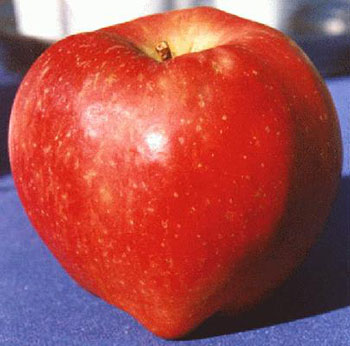
Source: Sense no evil, Hilde Skjolberg, Flickr
In addition to the types of figurative language you learned about in the previous section, poets often use figurative language to appeal to the five senses: sight, sound, taste, touch, and smell. Language that appeals to the senses also creates a greater emotional impact on the reader. Can you match the lines of poetry below to the corresponding senses?

Often, a poet makes use of special figurative language known as sound devices. These devices appeal to the sense of sound and intensify the impact of the poem. Two of these useful sound devices are alliteration and onomatopoeia. Click below to reveal examples of each from poetry.

Notice how the repetition of the “w” sound in the first example above adds a weighty, weary tone to the line, reinforcing how the speaker must have felt at midnight, unable to sleep. In the second example, the repetition of the word “tinkle” sounds like the bells themselves ringing over and over.
 Now think of any subject you like, and use your notes and the guide below to create your own five senses poem. When you are finished, check your understanding to see a sample response.
Now think of any subject you like, and use your notes and the guide below to create your own five senses poem. When you are finished, check your understanding to see a sample response. 
Source: Red Delicious, Bangin, Wikimedia
| Line 1: | Title |
| Line 2: | Tell what it smells like |
| Line 3: | Tell what it looks like |
| Line 4: | Tell what it feels like |
| Line 5: | Tell what it sounds like |
| Line 6: | Tell what it tastes like |
Sample Response:
| An Apple |
| Smells like cider. |
| Looks like a big red ball. |
| Feels hard and smooth. |
| Sounds crunchy when you bite into it. |
| Tastes sweet and juicy. |
Notice that the repeated “b” sound, an example of alliteration, helps to describe the apple as being hard and solid. The word “crunchy” is an example of onomatopoeia, a word that sounds like what it means. Try to use onomatopoeia and alliteration in your poem, too!